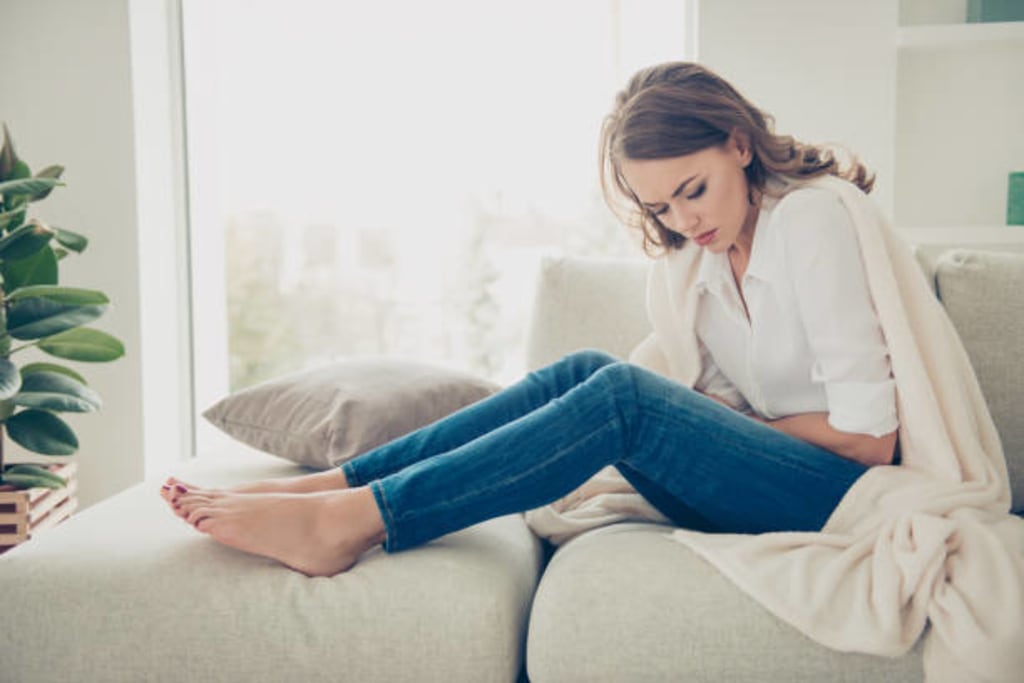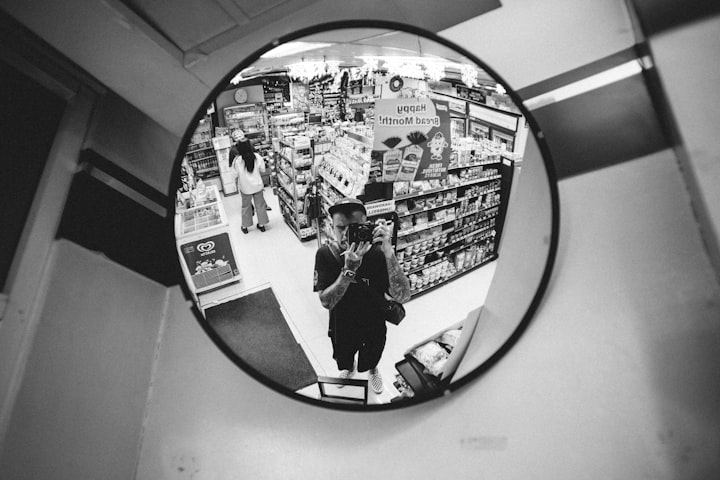The Opioid Crisis Is Punishing Those with Real and Serious Conditions
I’ve always been aware that my mother lives with chronic pain.

She’s experienced this since her high school days in the 1980’s. And even then she started seeing a chiropractor on a frequent basis. This proved for quite some time to be an effective way of helping her with most of the pain she experiences. But as she got older, pain management became an even trickier task. Now, as her pain has gotten significantly worse and most other forms of relief have shown to be useless, medication has become a necessary factor in her life. However, due to the recent opioid crisis, obtaining the medication found proven to keep her living a productive and normal life has taken jumping through hoops and a lot of judgement from doctors and society altogether to receive. It’s imperative that we take the necessary steps to keep the number of opioid addictions and opioid related deaths down. But I’ve attended enough doctors appointments and emergency room visits by my mothers side to know that treating people with chronic pain like drug addicts is neglectful.
I’ve witnessed firsthand, on more than one occasion, my own mother lying in bed barely able to move due to crippling pain but reluctant to go to the doctor in fear of being ostracized. When trying to help people, you shouldn’t have to step on others to do so. Most people can’t imagine how it feels to witness anyone, let alone your own mother, on the verge of tears but unable to receive the help they so desperately need. My mother works hard, is a fantastic parent and person, and happens to be a citizen of one of the wealthiest countries in the world. She shouldn’t have to suffer in silence. And I know she isn’t the only one.
Suicide is in the top 10 leading causes of death in the United States. And people who suffer with chronic pain are twice as likely to die by suicide. It pains me to think of those just like my mother, experiencing so much pain and seeing no cure or relief in sight that death feels like their only viable escape from an oftentimes very treatable problem. I can’t even begin to imagine losing my mother, and to lose her in such a painful way would be unbearable. Many families know this pain though, and it happens more often than we’d like to think. There should be more options available for those living with chronic pain, and that includes medications for those who need it. But instead, most of these options are often pushed aside and replaced with ignoring and belittling those who know that medication is the only thing that works for them. This is usually done under the guise of fighting the opioid crisis.
Approximately 100 million adults living in the United States suffer from chronic pain. It affects more Americans than diabetes, heart disease, and cancer combined. It’s a widespread problem with differing solutions. It goes without saying that not all of those living with chronic pain find relief with opioids. But those who do, like my mother, shouldn’t be left to suffer alone.
The discussion around opioids is tough. And I certainly don’t have all the answers. What I do know is that it’s reckless to treat the topic of opioids and those who use them as unquestionably egregious when they can be and are beneficial to a significant number of hardworking good people who also deserve to be helped. Can opioids pose a serious problem to many others? Of course. And admittedly, I haven’t experienced the pain that comes with knowing someone with or losing someone to an opioid addiction. However, I do know firsthand that they can also be part of the solution. A solution for so many of those just like my mother that have tried everything to manage the life altering pain they experience on a regular basis. Opioid abuse is a problem our society currently faces, but ignoring a whole community that relies on opiods to live their lives shouldn’t be the answer.
About the Creator
Sydney Lovell
Freelance writer of short stories, articles, opinion pieces, and personal essays. I mostly cover topics relating to chronic illness, mental health, LGBTQ+ themes, and women's issues.






Comments
There are no comments for this story
Be the first to respond and start the conversation.